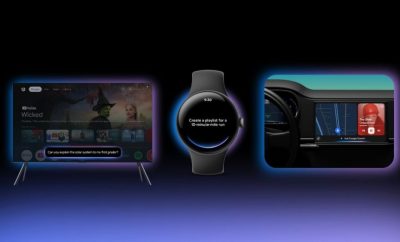
What Google Search Isn’t Showing You
Google Search accounts for around 85% of the global search-engine market. From the beginning, the company’s founders recognized the tension between useful search results and profitable ones. “The goals of the advertising business model do not always correspond to providing quality search to users,” they wrote as Stanford students, in a 1998 paper. Yet ads were introduced in 2000 and have proliferated ever since. Here’s why we see content that is formulated not to inform readers but to rank prominently on Google pages.
The search engine has made up so much of our online experience for so long that it can be hard to imagine something better.
When I recently Googled “best toaster” on my phone, thinking about replacing the appliance in my apartment kitchen, the search immediately yielded a carrousel of images of products from various high-design brands: Balmuda, Hay, Smeg. (Guilty: I had definitely searched for the Japanese Balmuda’s steam-enabled toasters before.) Lower down on the results page were ads for online retailers such as Amazon and Wayfair, then another carrousel of “Popular Toasters” with user-review metrics, then a list of suggested queries under the heading “People also ask.” (“Is it worth buying an expensive toaster?” “You can’t gain much beyond the $100 models,” an answer pulled from CNET reads.) Swiping down further, I reached aggregated listicles clearly designed to exploit Google’s search algorithm and profit from affiliate marketing: toaster tips from Good Housekeeping, the “4 best toaster ovens of 2022” from Wirecutter. Further down still was a map of toasters that could be purchased in physical proximity to my apartment. I felt lost among the suggestions, awash in information and yet compelled by none of it.
Συνέχεια εδώ
Πηγή: newyorker.com




